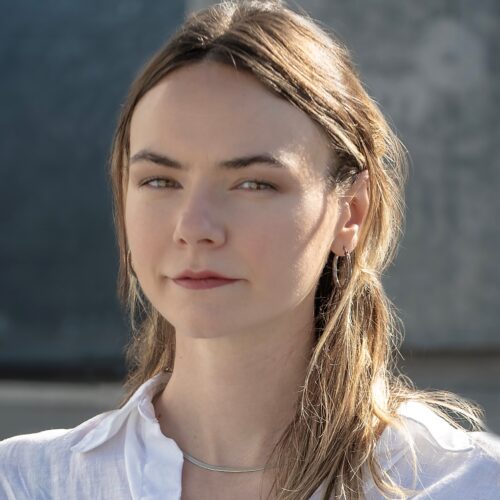Texas Law Postgraduate Public Interest Fellowships
The Texas Law Postgraduate Public Interest Fellowships program funds graduating students to work with public interest legal organizations and certain international organizations for 12 months in the year following their graduation. Funding for these new fellowships was recently authorized by Dean Robert Chesney to expand support for students committed to public interest work.
Application Information
Information for the Spring 2025 application process will be available in Fall 2024.
Spring 2024 application information
In spring 2024, the Texas Law Postgraduate Public Interest Fellowships program will award up to three one-year (12 month, full-time) post-graduate fellowships with public interest legal organizations or certain international organizations to provide legal services or law-related work on behalf of underrepresented individuals or groups. Each fellow will receive $60,000.
The sponsoring organization must be an existing nonprofit organization under Section 501(c)(3) of the Internal Revenue Code (which would include a public defender office organized under that provision), an international nongovernmental organization, or an international intergovernmental institution that works on human rights. The sponsoring organization is expected to supply and fund the benefits that a fellow would ordinarily receive as a new employee. In the event that the regular salary of a comparable position at the sponsoring organization exceeds $60,000, the sponsoring organization is encouraged to commit to paying the difference. The fellow must be supervised by a lawyer. The fellow and sponsoring organization will sign agreements regarding their fellowship obligations.
Before applying, applicants identify a potential sponsoring organization and collaborate with the organization to develop a description of the proposed work, training and supervision. The proposed work could be an identified project, either a new initiative or an on-going project of the sponsoring organization, but this is not required. If the proposed work does not require a bar license, the applicant’s JD must provide a demonstrable advantage in obtaining the position and performing the proposed work. Organizations must provide support for the fellow’s work and appropriate training and supervision. Students with questions about potential sponsoring organizations are welcome to contact Mary Murphy in the Career Services Office or Cooper Christiancy in the Rapoport Center for Human Rights.
The fellowship is available only to third-year students graduating from Texas Law in December 2023 or May or August 2024. The fellow will be chosen by a faculty committee based on the applicant’s proposed work and commitment to public service, the impact of the proposed work, and the likelihood that the fellowship will launch the applicant into long-term employment aligned with their career goals. Preference will be given to applicants who will work in-person. Applicants who plan to work remotely or whose supervisor will work remotely must provide information from the sponsoring organization about the supervisory arrangement in the fellowship application.
Other opportunities:





